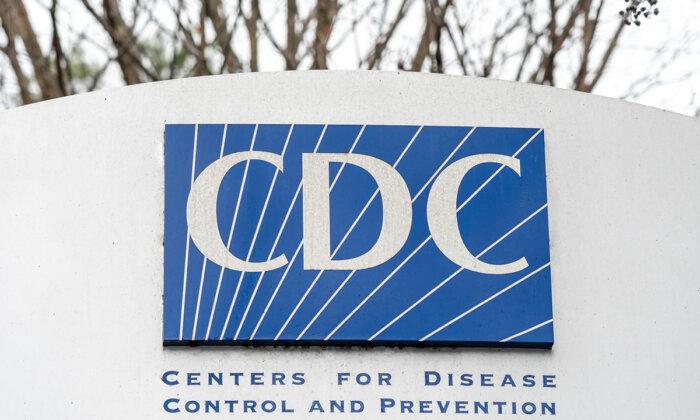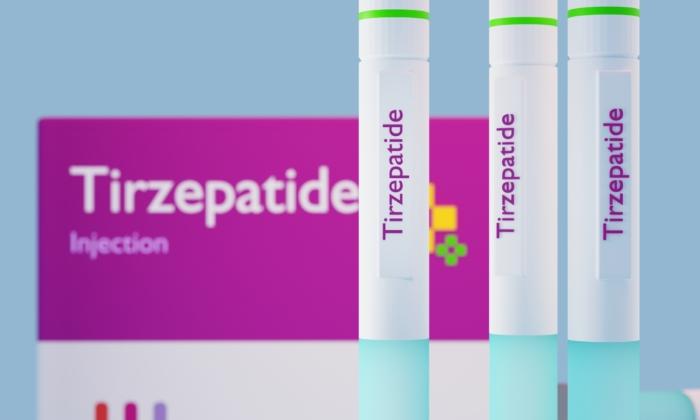New data suggest scientists have discovered a medication first designed to treat COVID-19 may also lessen the time it takes for two common symptoms of the disease: loss of taste and smell—to disappear.
Ensitrelvir Improves Taste and Smell Symptoms
In a poster presentation, Shionogi presented data demonstrating that patients given ensitrelvir within three days of the onset of symptoms may have benefited from the medication by preventing or reducing the loss of taste and smell. Researchers also presented their analysis of the phase 2/3 clinical study results, showing a “significantly smaller proportion of patients had taste disorder or smell disorder on Day 7 when treated with 125 [milligrams] of ensitrelvir versus a placebo,” according to a news release.“As an investigator who has evaluated both clinical data and real-world experience with ensitrelvir, I am optimistic about its potential to become an important tool in managing the unpredictability of COVID-19,” said Dr. Yohei Doi, a professor of medicine at Fujita Health University in Japan, said in the news release. “The new data ... offer another reason to have confidence in this investigational agent and its potential to be a meaningful treatment option for patients.”
Ensitrelvir remains an investigational drug, having received emergency approval in Japan in November 2022 to treat COVID-19. It has not been approved for use outside of Japan. However, Takeki Uehara, senior vice president of drug development and regulatory science at Shionogi, hopes this will change.
Loss of Taste and Smell in US Adults
A 2023 paper published in Laryngoscope showed 35.8 million U.S. adults—or 14 percent of the population—were diagnosed with COVID-19 in 2021. Among those, an estimated 60.5 percent reported losing their sense of smell, while 58.2 percent reported loss of taste.Most patients (over 72 percent) completely recovered their sense of smell post-infection. However, about 1 in 4 people affected recovered only partially. Approximately 4 percent said their sense of smell had not yet returned.
Taste function recovery was similar, with most (about 77 percent) regaining their sense of taste, while 1 in 5 reported partial recovery. Under 3 percent reported no recovery.
Other Treatments
COVID-related loss of smell can negatively affect people in several ways, including significantly altering a person’s overall quality of life and leading to poor nutrition. Mental health issues like depression, anxiety, and low self-esteem have also been linked to loss of taste and smell.Ear, Nose, and Throat (ENT) Health, an organization powered by the American Academy of Otolaryngology–Head and Neck Surgery, recommends patients sniff individual scents for at least 10 to 20 seconds once or twice a day. The four best scents are rose, lemon, cloves, and eucalyptus. Being entirely focused on the task is critical to stimulating memories of each smell. This should be followed by a few deep breaths before moving on to the next scent. Perform this exercise for at least three months.
- Introduce lemon into your diet because the tart flavor stimulates saliva and taste buds.
- Integrate sweet, salty, spicy, and sour foods like pickles, olives, hot sauces, and a variety of salad dressings.
- Play around with foods that provide texture, like apples, celery, or sticky peanut butter.
- Alternate between hot and cold foods.







